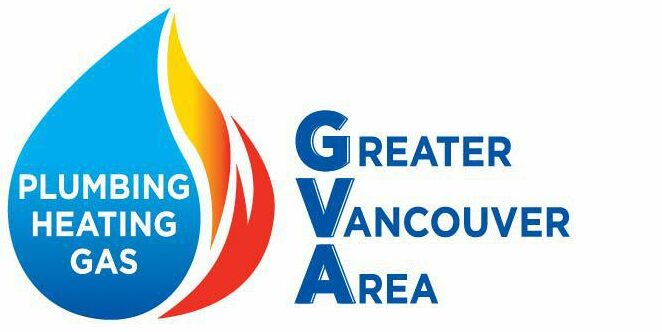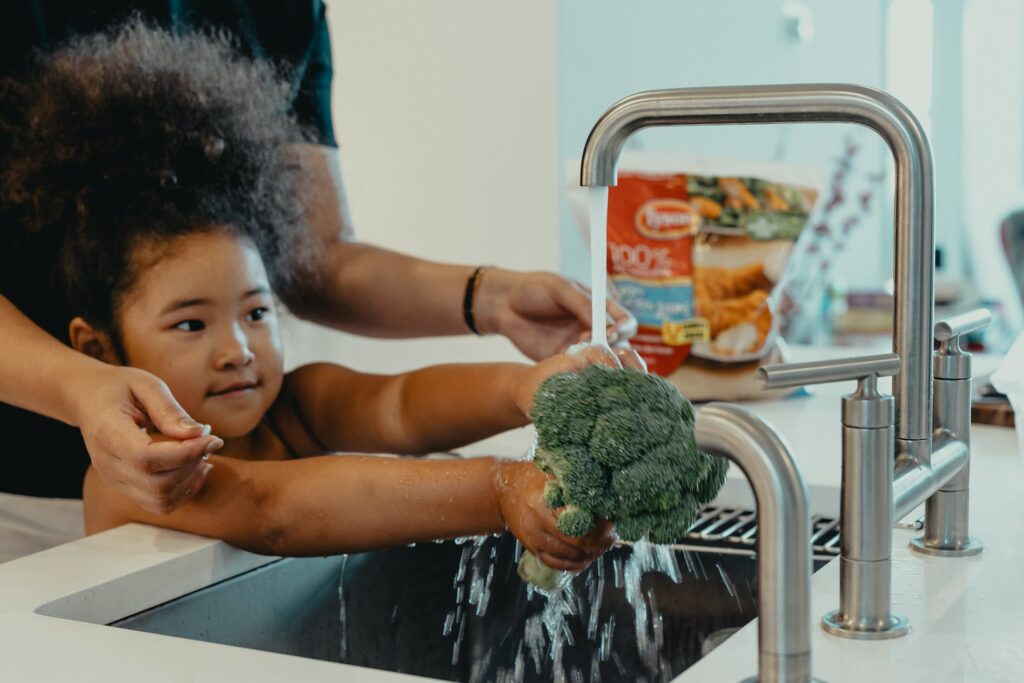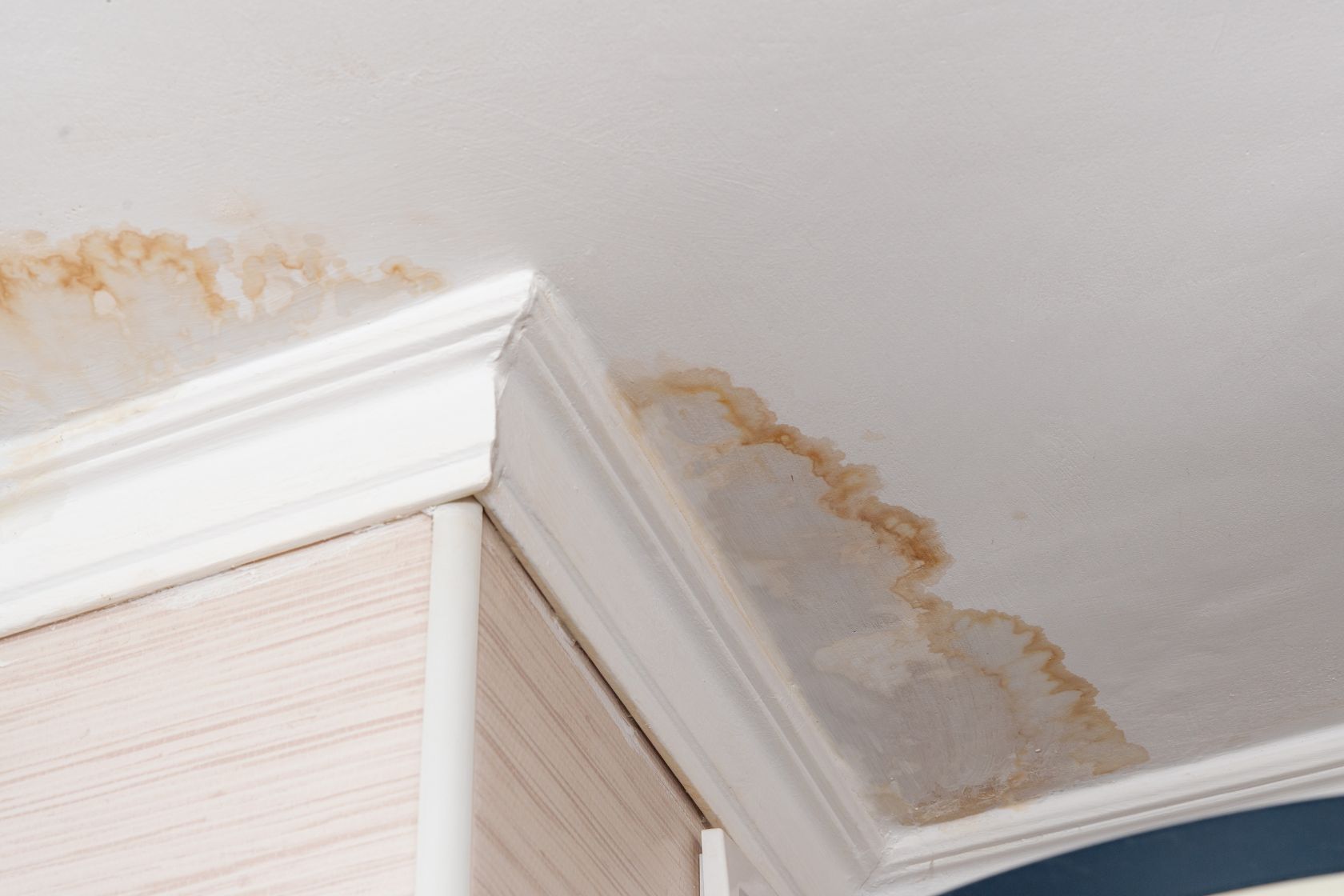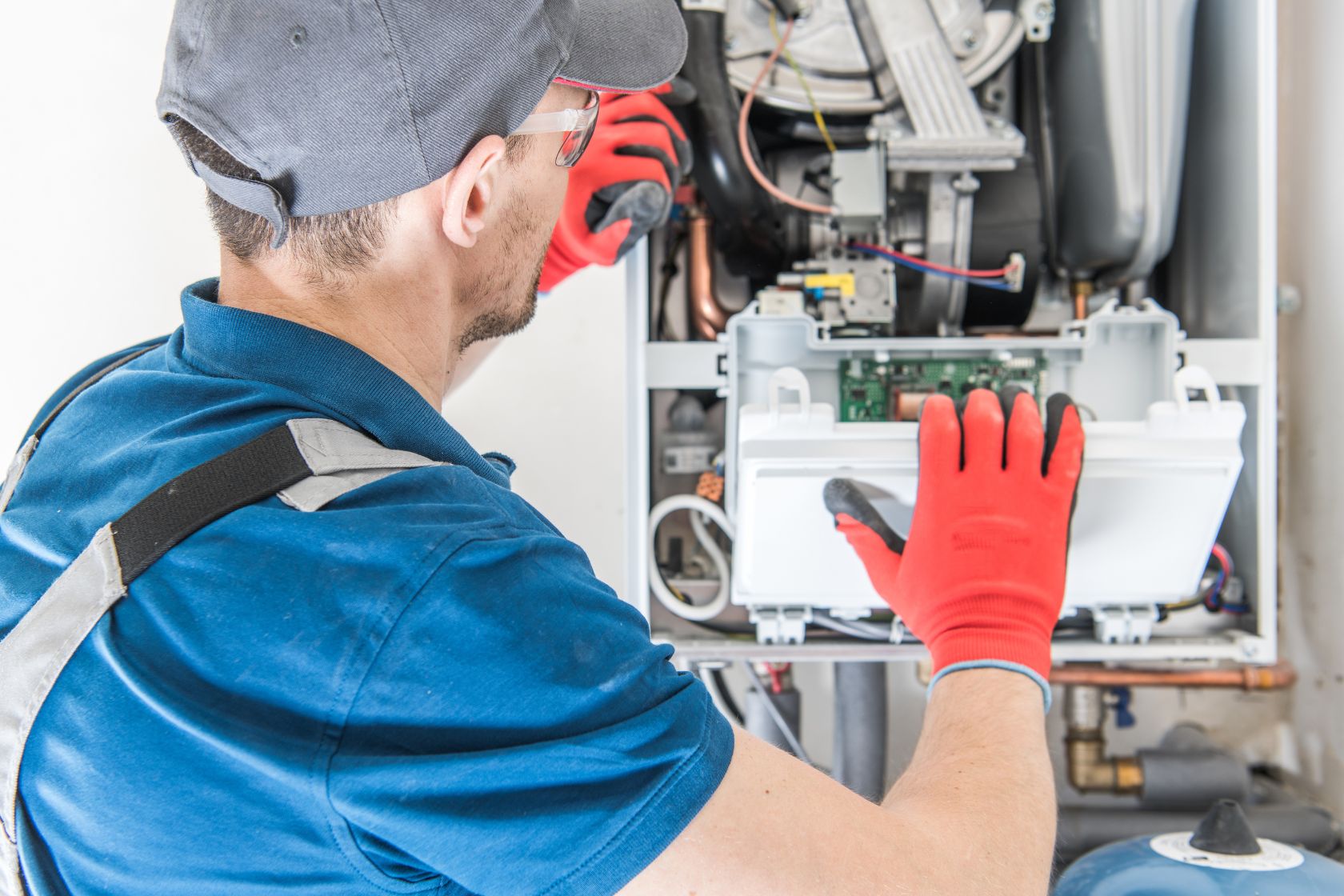Plumbing emergencies can happen at any time and can cause significant damage if not handled promptly. Leaking pipes, clogged drains, and overflowing toilets are just a few of the most common plumbing emergencies that homeowners face. Knowing how to handle these emergencies can save you time, and money, and prevent further damage to your home. In this article, we’ll cover the most common plumbing emergencies and provide tips on how to handle them until a professional plumber arrives.
1 – Pilot Light in Heater Goes Out
If your pilot light goes out, it could indicate a problem with your water heater. Follow these steps to relight the pilot light:
– Turn off the gas supply valve.
– Wait for a few minutes to allow the gas to dissipate.
– Locate the pilot light and turn the knob to the “pilot” setting.
– Hold a flame to the pilot light and press the igniter button.
– Hold the knob for 30 seconds after the pilot light has lit up.
– Turn the knob to the “on” position and turn the gas supply valve back on.
2 – Leaking Pipes
If you notice a leaky pipe, it’s important to act quickly to prevent water damage. Here’s what you can do:
– Shut off the water supply valve to the affected area.
– Turn on all the faucets to drain the remaining water in the pipes.
– Use a bucket or towel to catch any remaining water.
– Call a professional plumber to fix the leaky pipe.
3 – Clogged Drains
Clogged drains can cause water to back up and potentially flood your home. Here are the best steps you can do:
– Try using a plunger to dislodge the clog.
– Use a drain snake to remove the blockage.
– Avoid using chemical drain cleaners as they can damage your pipes.
– Call a professional plumber if the clog persists.
4 – Overflowing Toilets
An overflowing toilet can be a messy and unpleasant experience. What you can do is:
– Turn off the water supply valve behind the toilet.
– Use a plunger to try and remove the blockage.
– If the toilet continues to overflow, remove the tank lid and push the flapper valve closed to stop the water flow.
– Call a professional plumber to fix the issue.
5 – Gas Leaks
If you suspect a gas leak, follow these steps:
– Evacuate the area immediately.
– Avoid using any electrical devices or switches, as they may create a spark that could ignite the gas.
– Call your gas company, or emergency services if necessary.
– Do not return to the area until the gas company has assessed the situation and deemed it safe.
– Have a professional inspect your gas appliances and connections to ensure they are in good working order.
6 – Sewer Backup
Having a backed-up sewer can be a huge problem if it isn’t acted on quickly. Here is what you can do before a plumber arrives:
– Turn off all electrical appliances in the affected area to prevent electrical shock.
– Do not attempt to unclog the sewer line yourself as this can cause further damage.
– Contact a professional plumber or sewage cleanup service to assess the situation and properly clean and disinfect the area.
– If the backup has caused significant damage to your property, contact your insurance company to determine if you are covered for the cost of repairs.
Conclusion
In short, knowing how to handle common plumbing emergencies can prevent further damage and save you money in the long run. However, if you’re unsure about how to handle a plumbing emergency, it’s always best to call a licensed professional plumber.
If you need an experienced plumber in Langley, contact GVA Plumbing & Heating Ltd. We are fully licensed and bonded, so you can rest assured that you are in good hands and we can handle your problems for you. Contact us and inquire today!




